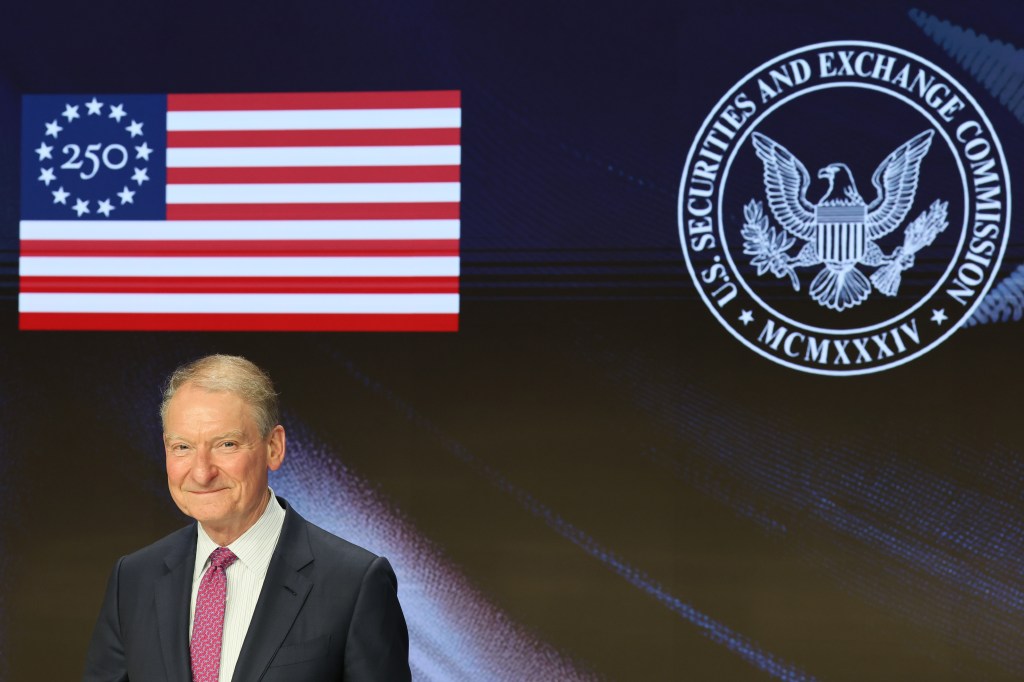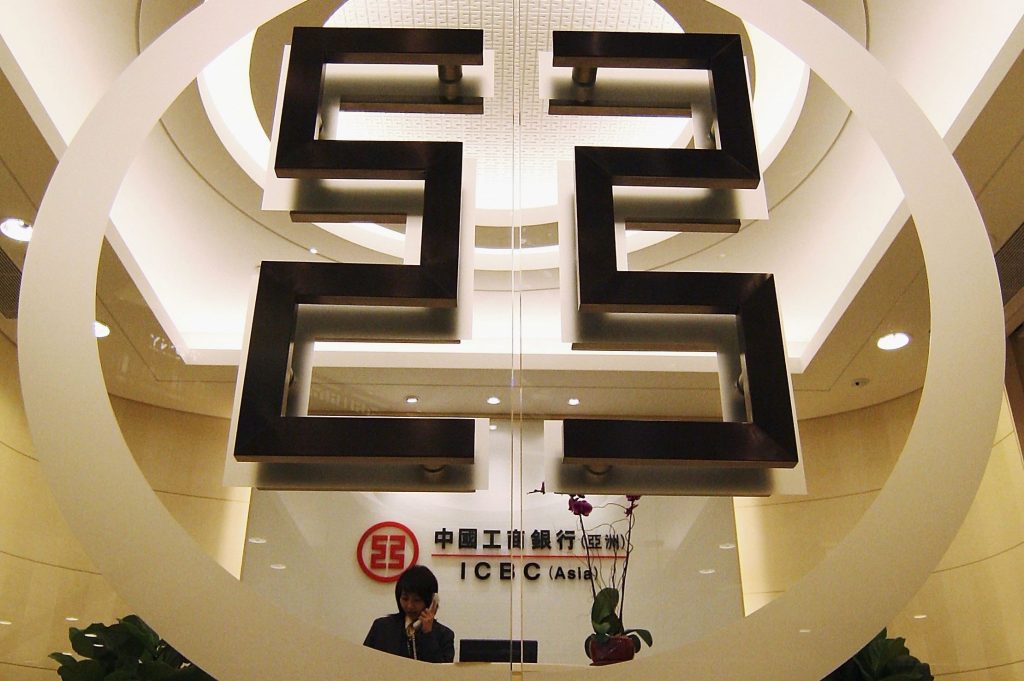As announced on Friday, the Industrial and Commercial Bank of China (ICBC) and its New York branch will pay $32.4m in fines to the Federal Reserve Board (FRB) and the New York Department of Financial Services (NYDFS) for what the regulators called numerous Bank Secrecy Act/Anti-Money Laundering (BSA/AML) and sanctions
Register for free to keep reading
To continue reading this article and unlock full access to GRIP, register now. You’ll enjoy free access to all content until our subscription service launches in early 2026.
- Unlimited access to industry insights
- Stay on top of key rules and regulatory changes with our Rules Navigator
- Ad-free experience with no distractions
- Regular podcasts from trusted external experts
- Fresh compliance and regulatory content every day













